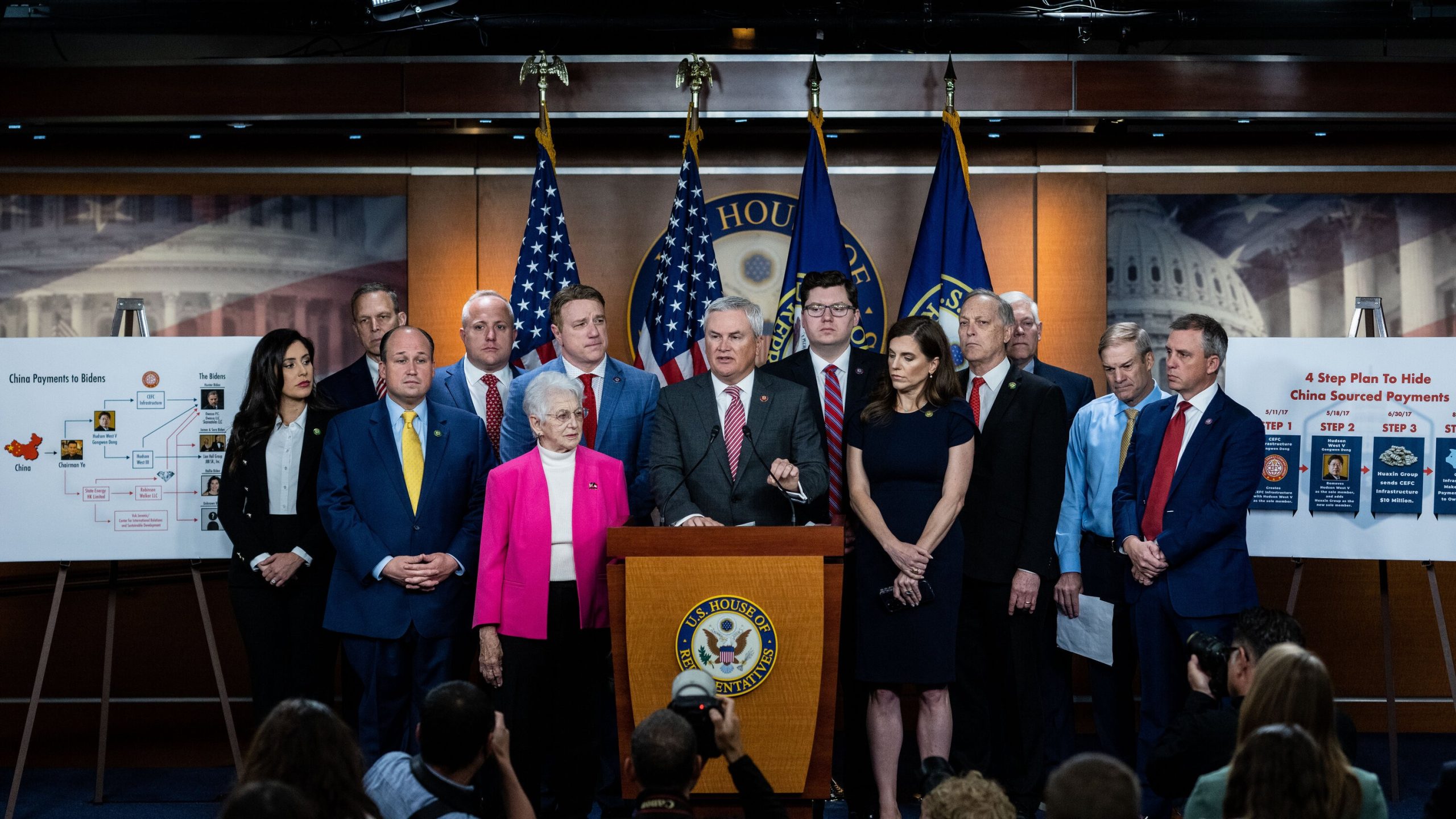Four Republican members of Congress criticized the Biden administration’s decision to appoint former congressman Tom Perriello as a temporary special envoy for Sudan, labeling it “yet another failure in its response to the crisis.”
House Foreign Affairs Committee Chairman Michael McCaul, Senate Foreign Relations Committee Ranking Member Jim Risch, House Subcommittee on Africa Chairman John James, and Senate Subcommittee on Africa Ranking Member Tim Scott jointly expressed their disappointment over the temporary nature of the appointment.
The lawmakers argued that the appointment, coming ten months into the ongoing war in Sudan, “should not be viewed as a recognition by the Biden administration of the significance of this crisis.” They urged the administration to treat the situation with greater urgency and appoint a “more permanent presidential envoy.”

Congressional Leaders (Credits; Maryland Matters)
The statement further criticized the administration for allegedly delaying the appointment due to internal disagreements within the government.
“The department will argue it chose to avoid Senate confirmation due to the urgency of the situation,” they wrote, “but it sat on this decision as the interagency argued about resources, reporting lines, and how this position will be used.”
The leaders urged the administration to prioritize the situation in Sudan, stating, “Sudan must be a higher priority for Secretary Blinken and President Biden.” They expressed hope that Perriello’s appointment would lead to a “reset of U.S. policy toward Sudan” and that he would be “provided the authority to lead this reset.”
Despite the criticism, Secretary of State Antony Blinken appointed Tom Perriello as the new U.S. Special Envoy for Sudan on February 26, 2024. Perriello’s mandate will focus on ending hostilities, ensuring unimpeded humanitarian access, and supporting the Sudanese people’s pursuit of freedom, peace, and justice.
The appointment comes after repeated calls from Congress to appoint a presidential special envoy for Sudan and follows federal legislation enacted in January 2023, requiring Senate approval for special envoys with significant authority on behalf of the United States.























